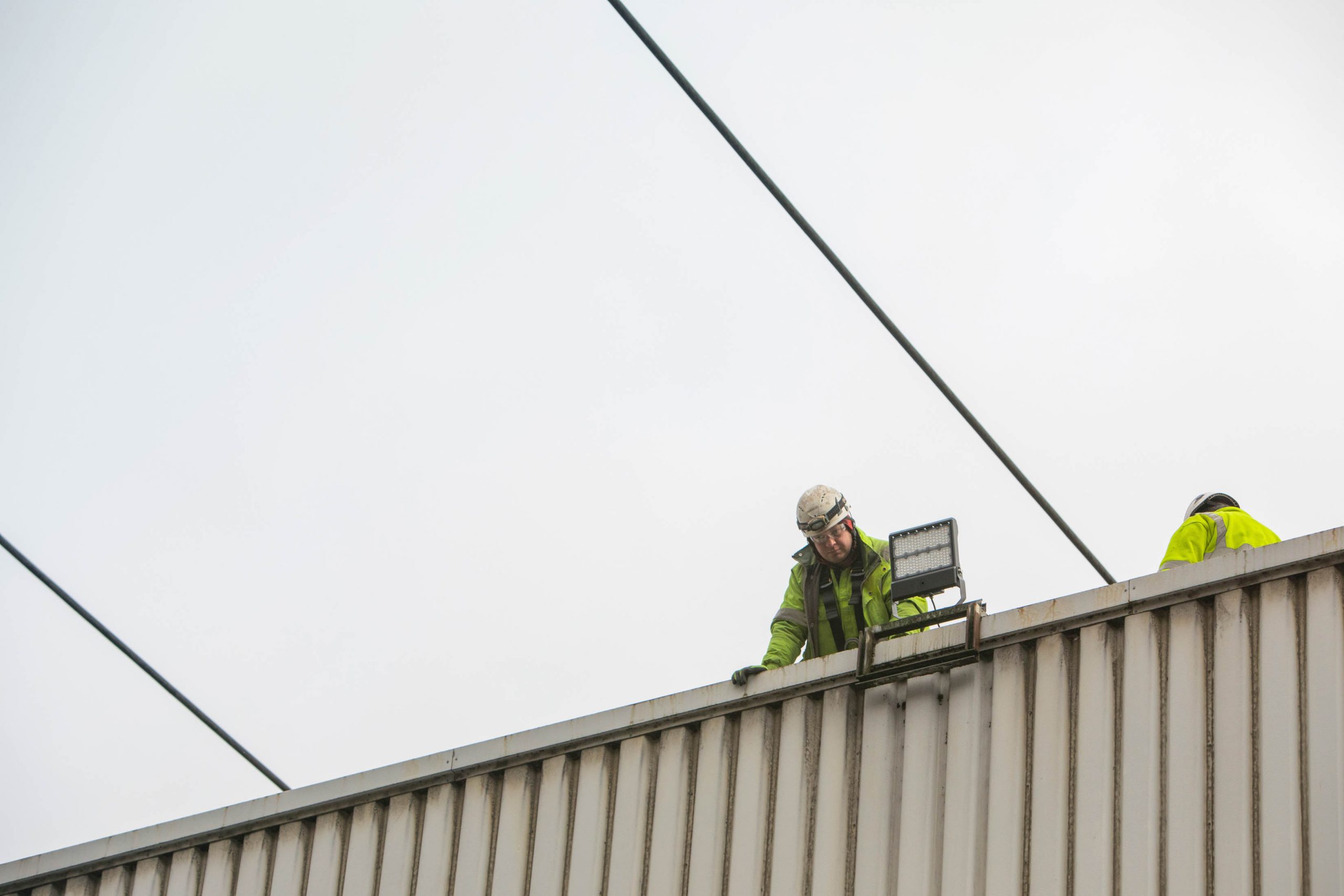
-
Cutting edge green energy technologies to decarbonise industries in the Humber would boost skills, create jobs and deliver the clean growth needed to regenerate the UK’s most carbon-intensive region, according to research for Drax
-
Using carbon capture and hydrogen technologies to decarbonise the Humber would generate thousands of jobs from as early as 2024, kickstarting a whole new industry in the UK
-
Carbon capture and hydrogen could deliver more than 205,000 jobs nationally, attracting investment as well as new export opportunities to support a green industrial revolution
-
This is a huge opportunity for the Humber and the UK to demonstrate global climate leadership ahead of COP26 in 2021.
Cutting edge green energy technologies in the Humber could boost skills, create tens of thousands of jobs and transform the region’s fortunes in the face of economic uncertainty caused by the Covid crisis, according to a new report from Vivid Economics.
The report was commissioned by Drax Group, a founding member of the Zero Carbon Humber partnership, to evaluate the socio-economic potential large-scale deployment of cutting-edge green energy technologies would have on the region and the UK.
Vivid Economics’ analysis shows that scaling up bioenergy with carbon capture technology (BECCS), which Drax has already successfully proven at its power station in North Yorkshire, would support almost 17,000 jobs during construction in 2028.
Will Gardiner, Drax Group CEO, said:

Drax Group CEO Will Gardiner in the control room at Drax Power Station [Click to view/download]
“The boost to the economy created by developing these new green energy technologies in the Yorkshire and Humber region would be huge – and we can do it quickly.
“The technologies are ready to go, so tens of thousands of jobs could be created as early as 2024. This would deliver a real shot in the arm to communities struggling as a result of the Covid crisis.
“The positive impacts of these new green energy schemes aren’t limited to the Humber region, either. This could kickstart a whole new industry in the UK, enabling us to show the world what can be achieved for the environment and the economy when governments, businesses and communities work together.”
Using carbon capture technology across Drax’s four biomass units would accelerate the UK’s efforts to reach net zero by permanently removing 16 million tonnes of CO2 from the atmosphere each year – a significant proportion of the negative emissions the UK needs to meet its net zero targets.
With the right policies from government, BECCS could be operational at Drax as soon as 2027, accelerating the Humber’s efforts to become the UK’s first zero carbon industrial cluster. Other industries across the region would tap into the same CO2 transportation and storage infrastructure, enabling further decarbonisation.
In October Drax was one of 12 leading businesses and organisations as part of the Zero Carbon Humber Partnership to jointly submit a public-private sector funded bid worth around £75m to the UK Government to establish a CCS and hydrogen economy in the region.
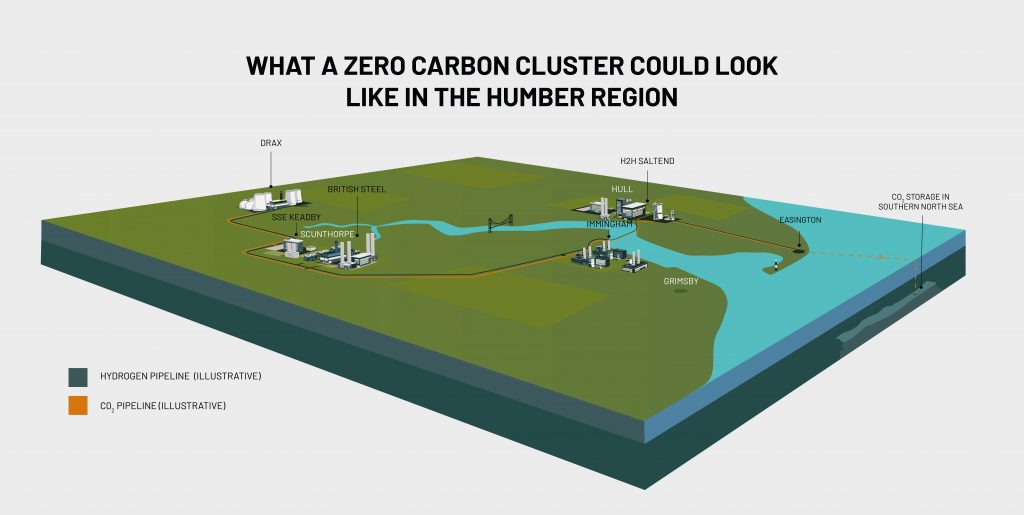
Click to view/download
As the UK’s most carbon intensive industrial region, the benefits of decarbonising the Humber would have the greatest impact on enabling the country to reach its legally binding net zero by 2050 target, whilst generating clean growth for the economy.
Deploying hydrogen production at scale for fuel-switching, as well as carbon capture to decarbonise gas power and other industries, alongside BECCS at Drax, could create and support as many as 49,000 jobs in the Humber region at its peak in 2027.
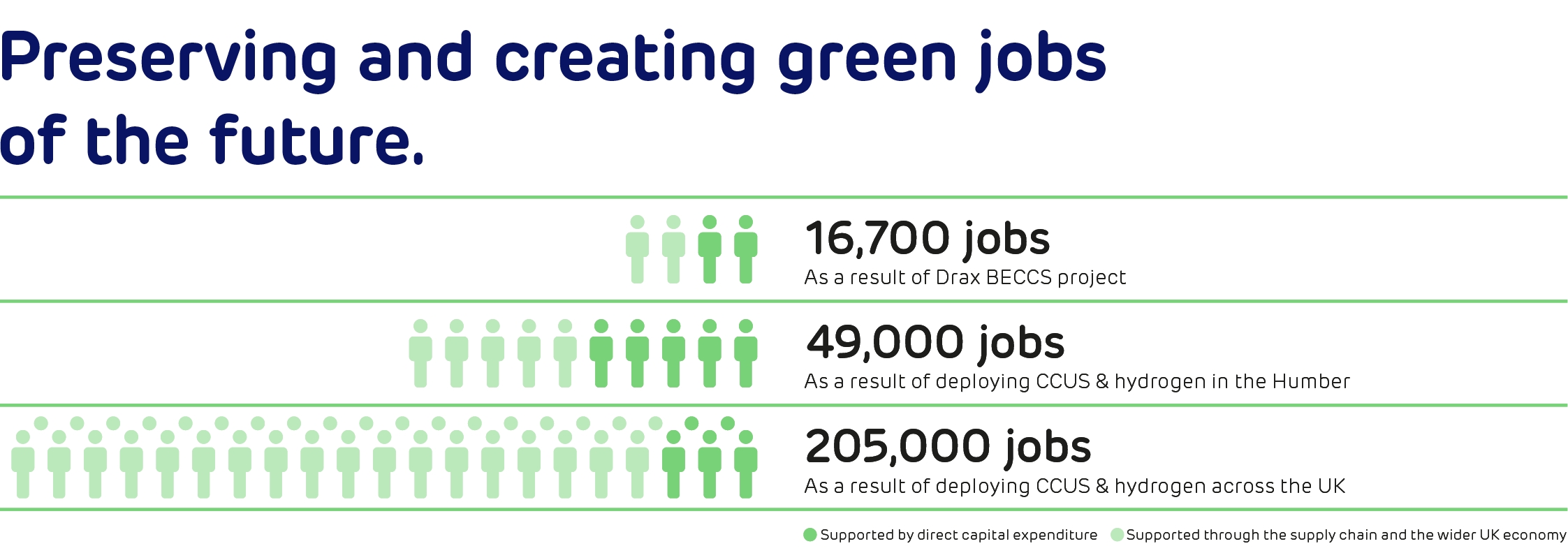
Click to view/download
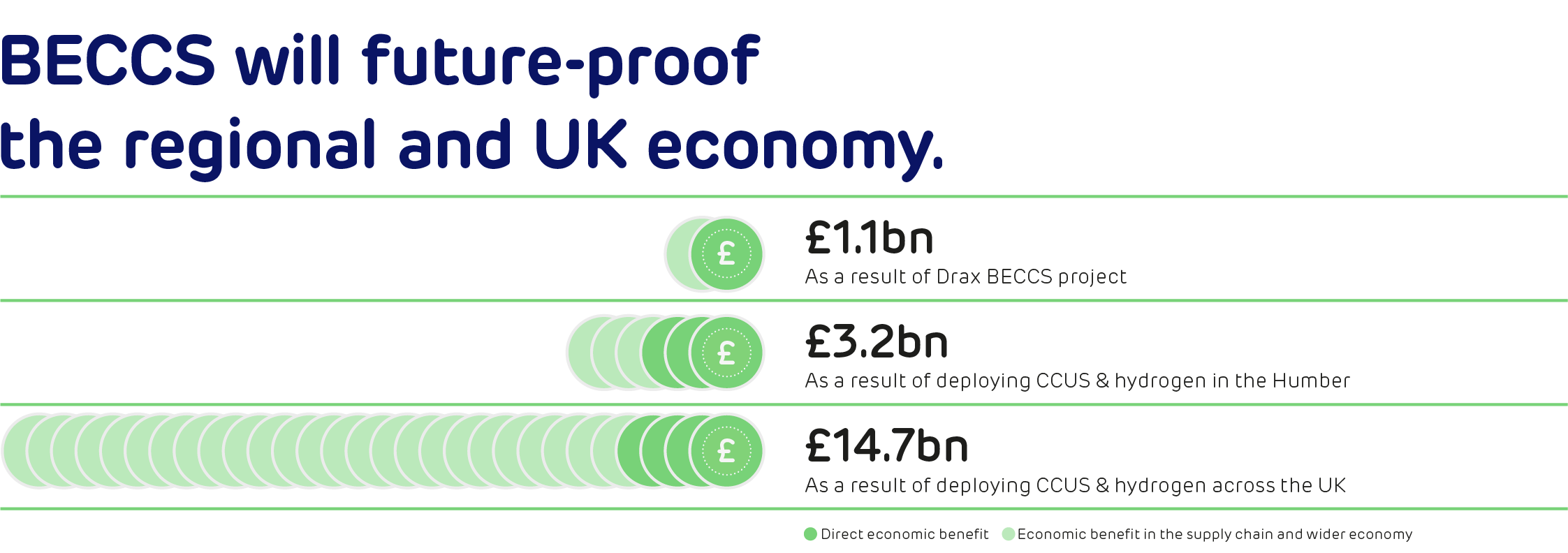
Click to view/download
Henri Murison, director of the Northern Powerhouse Partnership, said:
“This report shows what could be achieved across the Yorkshire and Humber region and wider Northern Powerhouse by developing BECCS at Drax and hydrogen in the Humber – cutting carbon emissions, protecting jobs in existing industries and creating many more new jobs throughout the region at a critical time.
“The Humber is already spearheading the UK’s sustainable energy revolution, and through further investment in these sectors we can hope to unlock yet more economic potential for the North. Companies like Drax play a vital role in decarbonising the economy and closing the North – South divide to build back better.”
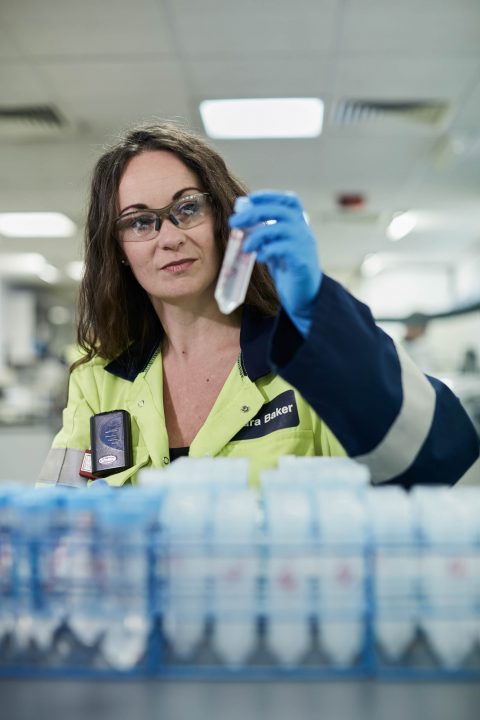 British Chamber of Commerce Director General Adam Marshall said:
British Chamber of Commerce Director General Adam Marshall said:
“Coronavirus has had a significant impact on our business communities. To help them restart, rebuild and renew, the government will need to set a clear framework and invest in greener, more sustainable technologies to not only meet our carbon goals, but help boost local growth and create the jobs of the future.”
In order to unlock the potential a Zero Carbon Humber could create for the UK’s green revolution, Drax is working with partners to ensure people in the region have the skills needed for the new jobs that could be created. It is supporting career enhancing schemes which help to level the playing field, remove barriers to learning, boosting skills and retraining.
Andrew Percy MP for Brigg and Goole said:
“With the development of a Zero Carbon Humber, within less than five years, this region could be at the forefront of the Government’s green industrial revolution. Tens of thousands of jobs could be protected and created, supporting the North as it bounces forward from the Covid pandemic.”
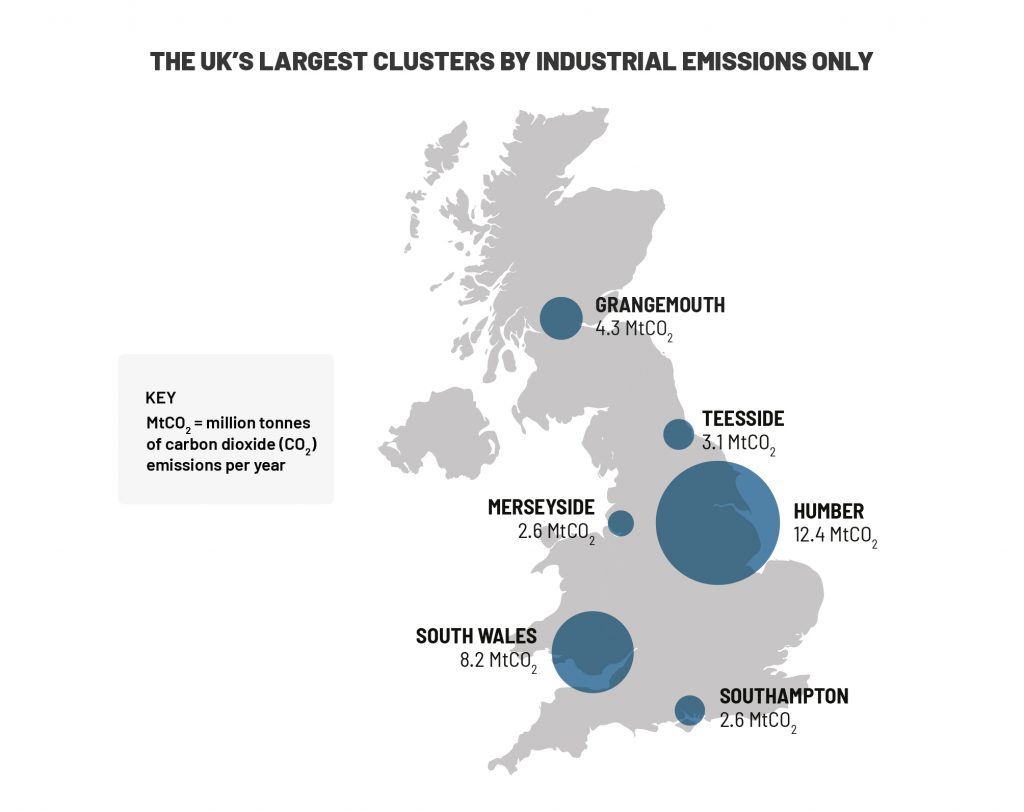
Click to view/download
Lia Nici MP for Great Grimsby added:
“Ensuring local people have the skills needed to take full advantage of the opportunities created by these new energy technologies is critical. The Government as well as businesses, training providers, schools, colleges and communities must come together to support this initiative, so we’re ready to make the proposals a reality.”
ENDS
Notes to editors:
The Vivid Economics Capturing Carbon at Drax: Delivering jobs, clean growth and levelling up the Humber, report found that:
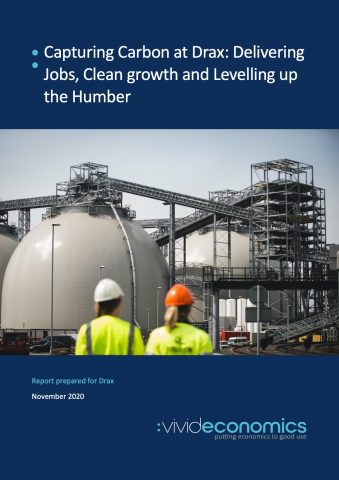 As many as 49,000 jobs would be created and supported in the Humber region if bioenergy with carbon capture and storage (BECCS), as well as hydrogen and other carbon removal technologies, are deployed to decarbonise industry.
As many as 49,000 jobs would be created and supported in the Humber region if bioenergy with carbon capture and storage (BECCS), as well as hydrogen and other carbon removal technologies, are deployed to decarbonise industry.- With government backing for the proposals, these new jobs could begin to be created as early as 2024, peaking at 49,000 jobs in 2027.
- Within the jobs created in the Humber there would be around 25,000 high quality roles in construction – as well as welders, pipe fitters, machine installers and technicians; with a further 24,000 supported across the supply chain and wider economy in 2027.
- In addition there would be 3,300 longer term operational and maintenance roles created.
- The initiative would also deliver over £3bn in GVA for the regional economy in 2027.
- Without intervention and investment to spur a green recovery in the region there is a serious risk of longer-term economic damage as a high proportion of people have been furloughed in the Yorkshire and Humber region during the Covid crisis.
- Almost 60% of workers in the construction industry in the Yorkshire and Humber region were furloughed in August 2020.
- If deployed in the UK’s five major industrial clusters (Humber, Teesside, Merseyside, South Wales, Scotland) CCUS and Hydrogen technologies will support 205,000 jobs in 2039 both directly, and through the supply chain and wider economy.
To find out more about the Zero Carbon Humber go to the website. The Zero Carbon Humber Partnership could kickstart a new CCS and hydrogen industry and includes Associated British Ports, British Steel, Centrica Storage Ltd, Drax Group, Equinor, Mitsubishi Power, National Grid Ventures, px Group, SSE Thermal, Saltend Cogeneration Company Limited, Uniper and the University of Sheffield’s Advanced Manufacturing Research Centre (AMRC).
Map showing the proposed Zero Carbon Humber pipeline route, and the largest industrial clusters by emissions in the UK, as well as an infographic showing what a zero carbon industrial cluster could look like in the Humber are available online.
Drax is playing its part to ensure people in the Yorkshire and Humber region have the skills needed for the new jobs a low carbon economy in the Humber could create, by:
- Developing career enhancing schemes which help to level the playing field and create opportunities for all – Drax has signed up to the Social Mobility Pledge
- Supporting skills and retraining through partnerships with colleges and training providers – a new £180,000 partnership with Selby College
- Removing barriers to learning and helping to create more career opportunities within the energy industry. Drax is soon launching Drax ‘Mobilising a Million’ – its new bold ambition to improve skills, education, employability and apprenticeships for one million people by 2025
Drax has taken an active role in supporting its communities and business customers since the Covid crisis started, by investing more than £750,000 in schemes such as:
- Donating 853 laptops to 50 schools and colleges across the country, including 412 to 20 schools across Yorkshire, the Humber and Lincolnshire
- Supplying free energy to 189 care homes
- Donating £150,000 to the Business Debtline to help SMEs facing financial hardship during the Covid crisis
Media contacts:
Ali Lewis
Drax Group Head of Media & PR
E: ali.lewis@drax.com
T: 07712670888
Selina Williams
Drax Group Media Manager
E: selina.williams@drax.com
T: 07912230393
About Drax
Drax Group’s purpose is to enable a zero carbon, lower cost energy future and in 2019 announced a world-leading ambition to be carbon negative by 2030, using Bioenergy with Carbon Capture and Storage (BECCS) technology.
Its 2,900-strong employees operate across three principal areas of activity – electricity generation, electricity sales to business customers and compressed wood pellet production.
Power generation:
Drax owns and operates a portfolio of flexible, low carbon and renewable electricity generation assets across Britain. The assets include the UK’s largest power station, based at Selby, North Yorkshire, which supplies five percent of the country’s electricity needs.
Having converted two thirds of Drax Power Station to use sustainable biomass instead of coal it has become the UK’s biggest renewable power generator and the largest decarbonisation project in Europe. It is also where Drax is piloting the groundbreaking negative emissions technology BECCS within its CCUS (Carbon Capture Utilisation and Storage) Incubation Area.
Its pumped storage, hydro and energy from waste assets in Scotland include Cruachan Power Station – a flexible pumped storage facility within the hollowed-out mountain Ben Cruachan. It also owns and operates four gas power stations in England.
Customers:
Through its two B2B energy supply brands, Haven Power and Opus Energy, Drax supplies energy to 250,000 businesses across England, Scotland and Wales.
Pellet production:
Drax owns and operates three pellet mills in the US South which manufacture compressed wood pellets (biomass) produced from sustainably managed working forests. These pellet mills supply around 20% of the biomass used by Drax Power Station in North Yorkshire to generate flexible, renewable power for the UK’s homes and businesses.
For more information visit www.drax.com/uk
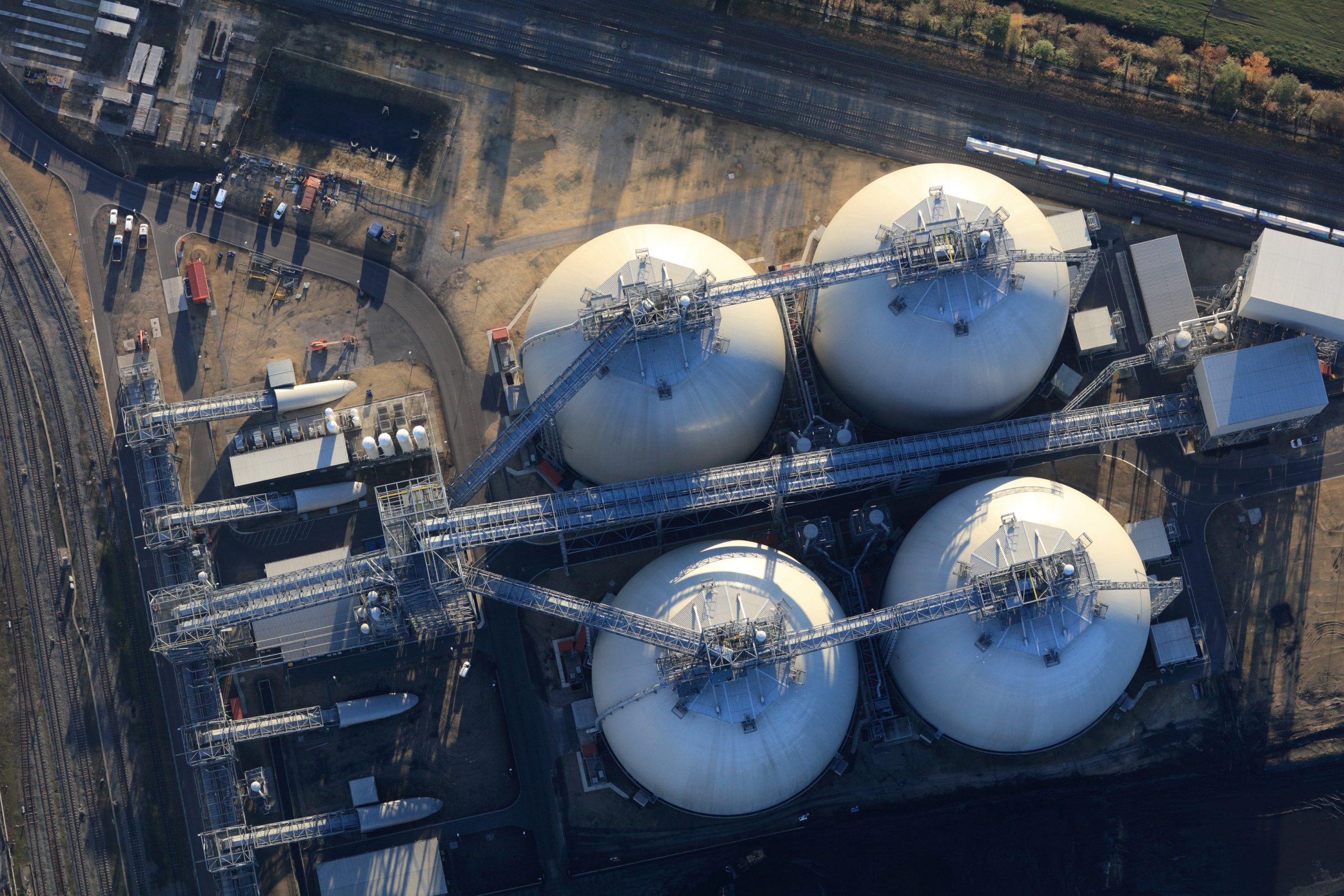







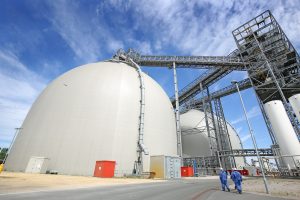


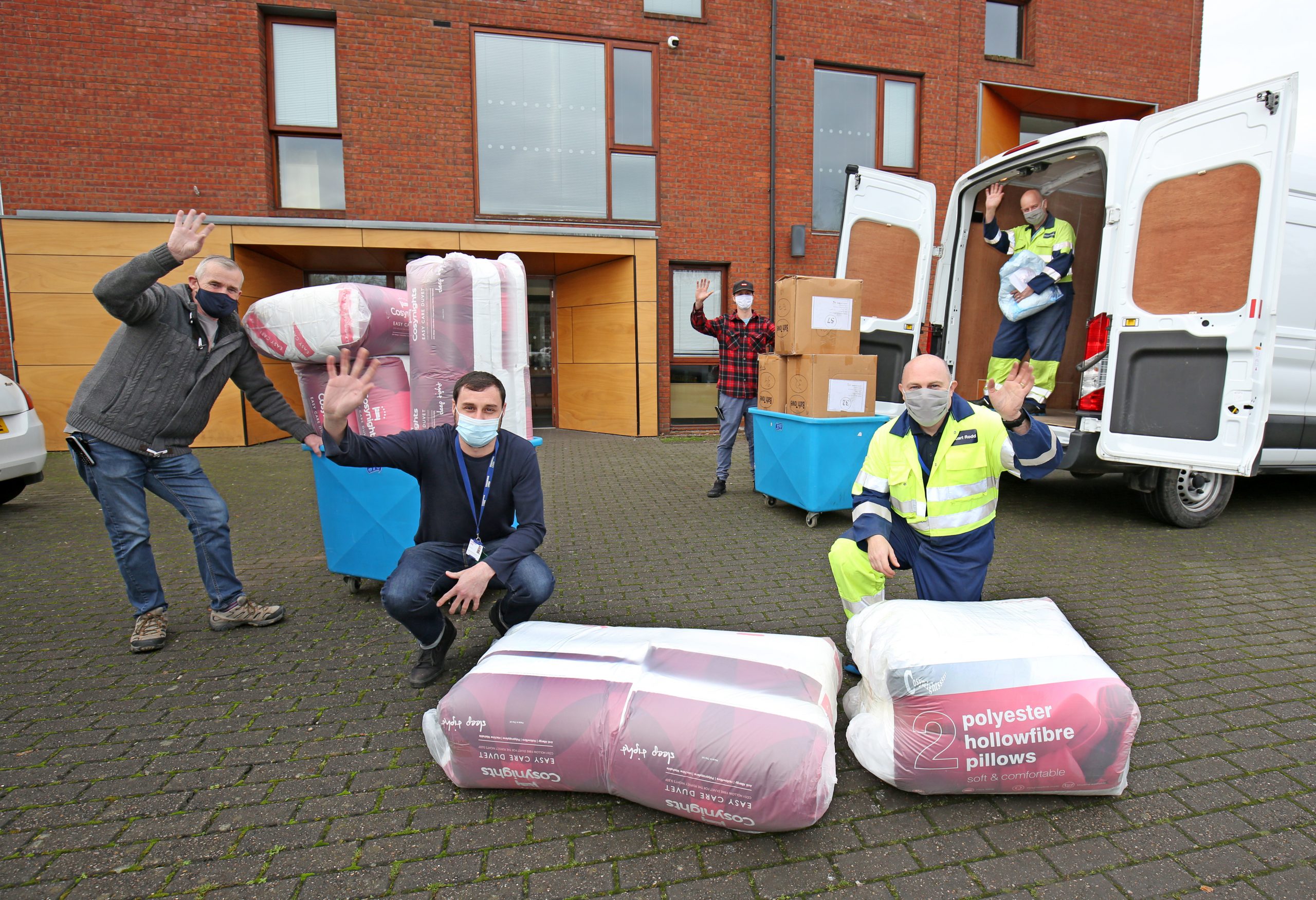


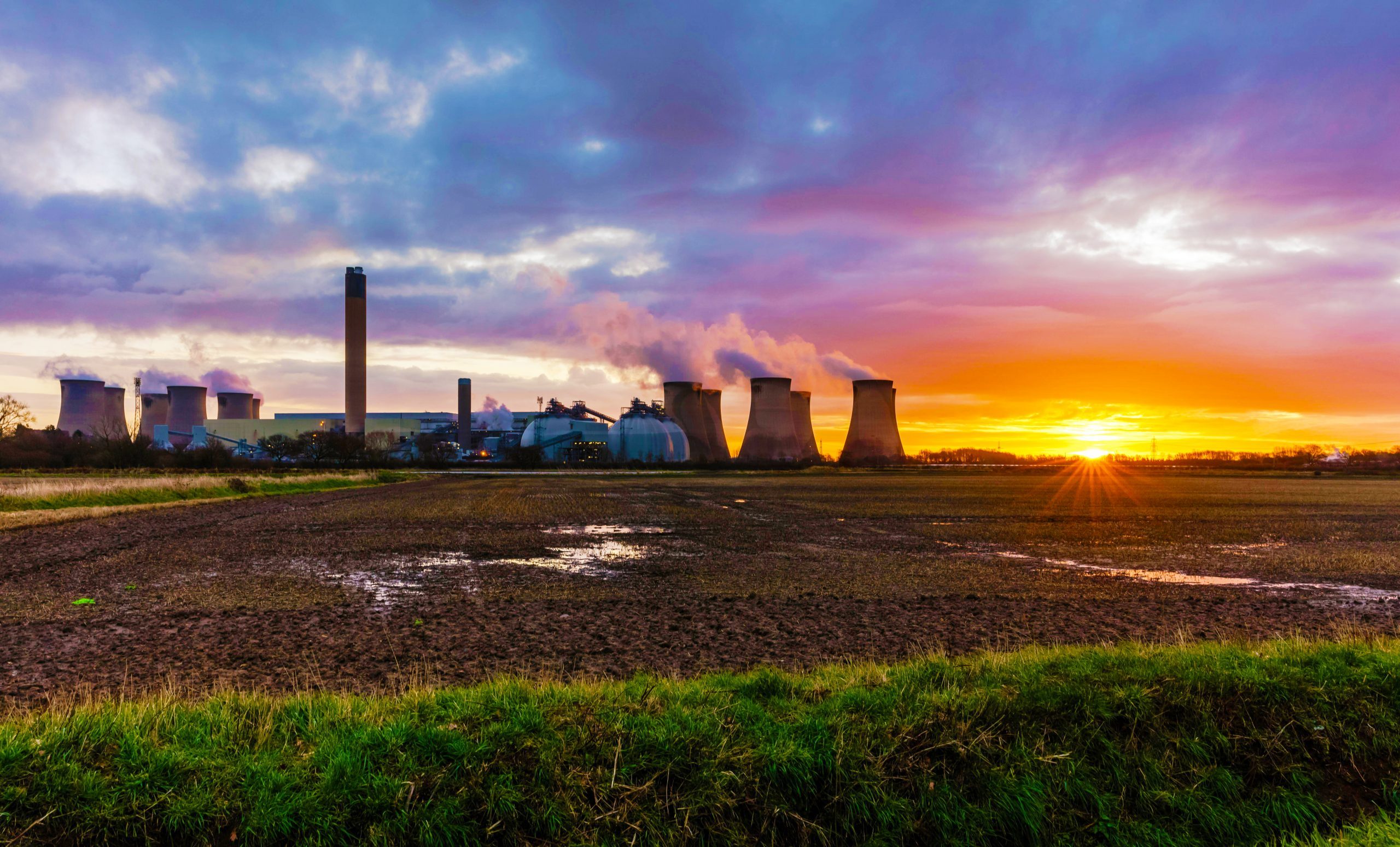
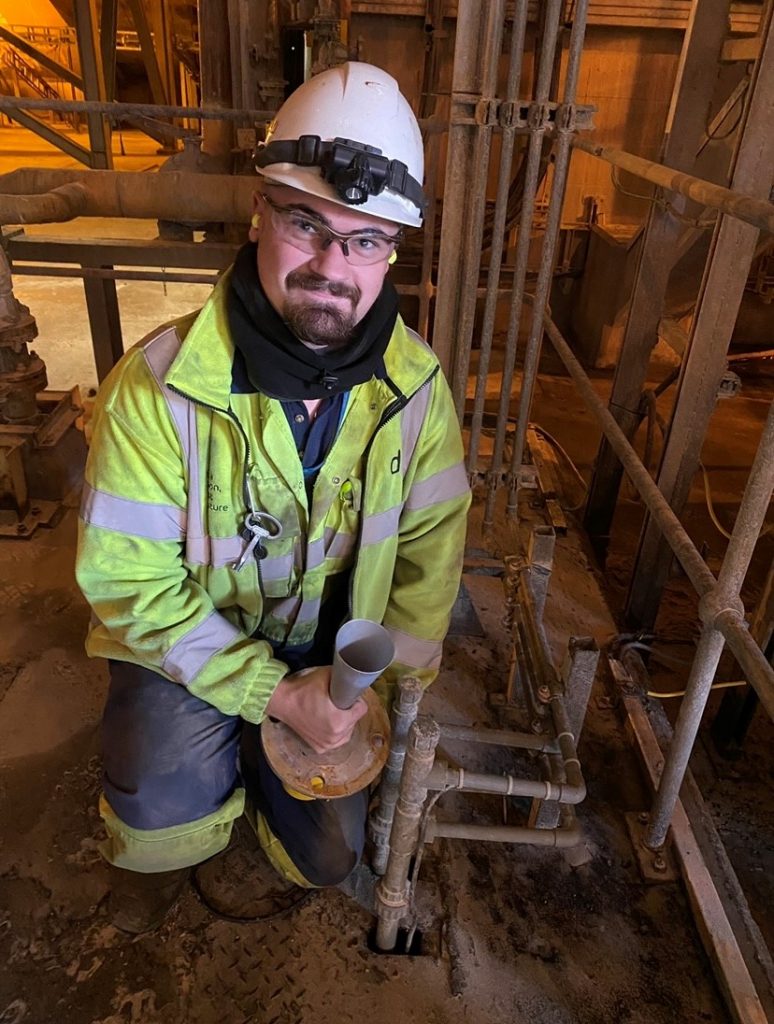
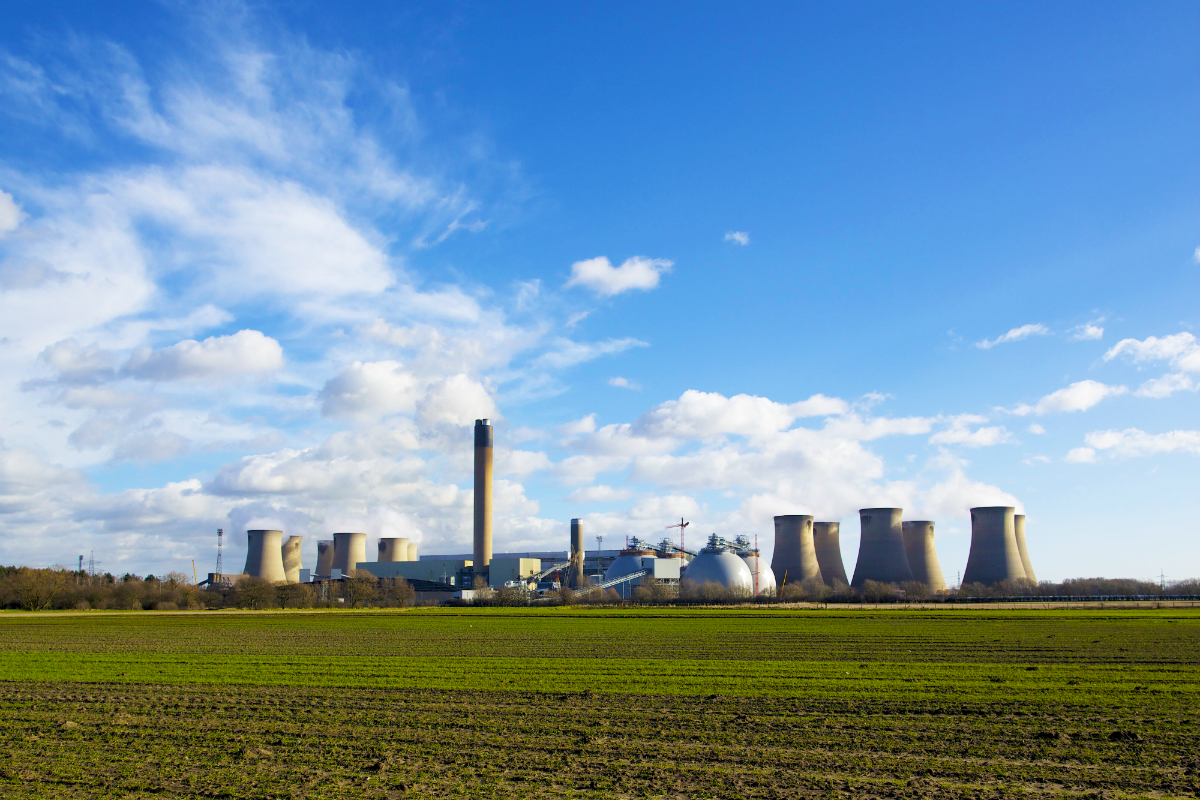
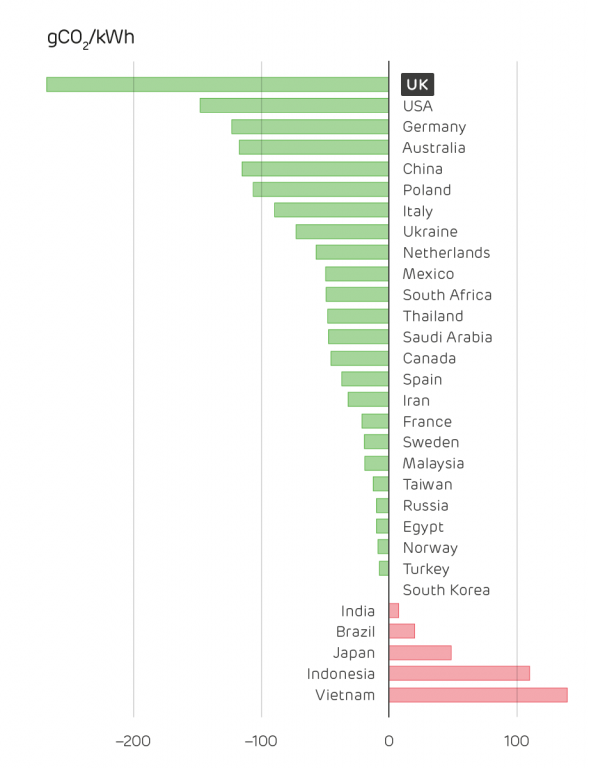

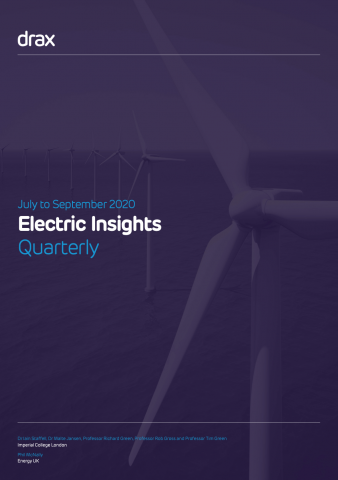
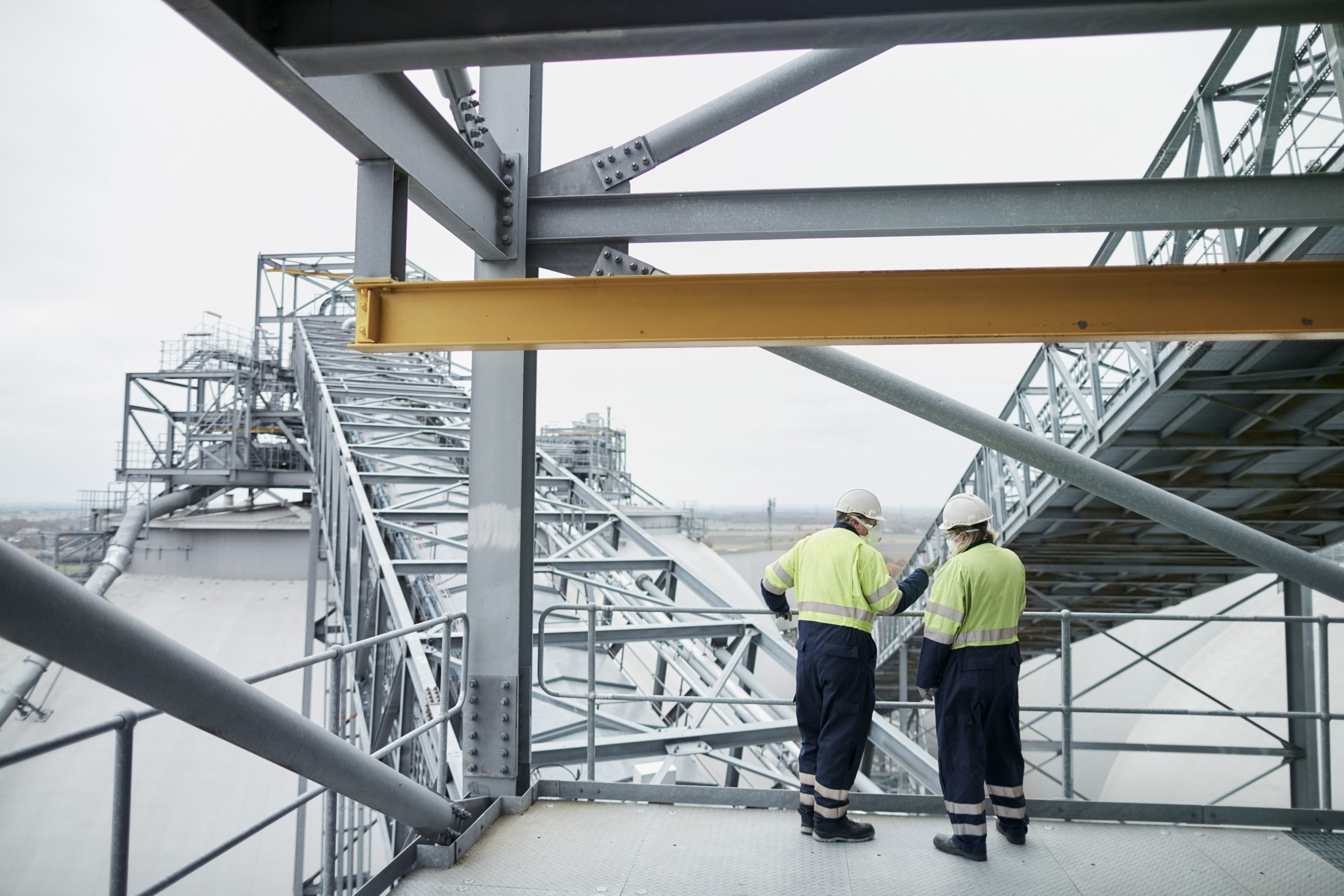




 British Chamber of Commerce Director General Adam Marshall said:
British Chamber of Commerce Director General Adam Marshall said:

